The man who composed poetry so bad it got him transported
Australia’s first – and to this point, only – Poet Laureate was a man of undeniable industry but without talent to match. Though his gifts were limited, there’s a reason we’re returning to his story.
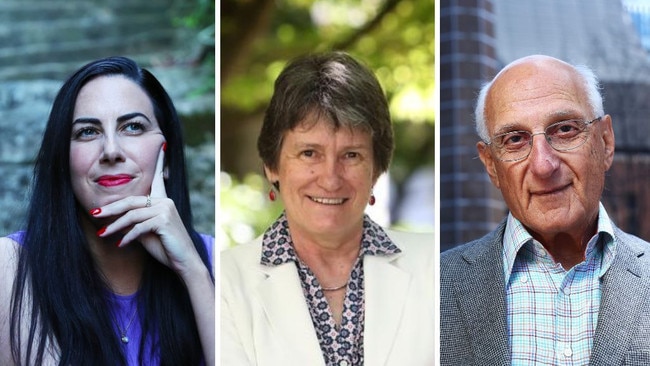
Australia’s first – and to this point, only – Poet Laureate was a man of undeniable industry but without talent to match. You might say Michael Massey Robinson possessed the fatal facility of the second-rate. He composed poetry so bad it got him transported to NSW.
This last claim is not entirely fair. Back in England the Oxford-educated lawyer had penned a defamatory squib about a senior alderman, warming over old rumours that the man had murdered one of his employers. Robinson attempted to blackmail him using threats to publish the poem and, in 1796, was tried and convicted at the Old Bailey for his efforts.
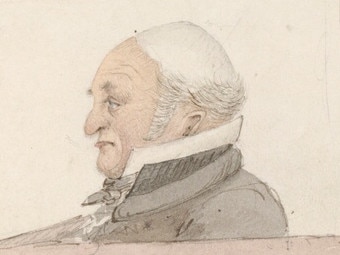
Landed two years later in a colony in the end of the world in sore need of lawyers, Robinson soon won himself a pardon and a job with the colony’s new deputy judge advocate. Then, for a decade after governor Macquarie’s arrival, Robinson also wrote verse for official occasions.
No monarch’s birthday was safe from his wooden odes, 20 of which he recited at Government House over the years and then had printed in the colony’s Official Gazette. Robinson was eventually awarded two cows “for his services as poet laureate”, though once Macquarie was replaced by Sir Thomas Brisbane his title was retired. All that remained of his career were a few ballads pining for his old governor and throwing shade at the new one.
Though his poetic gifts were limited – Robinson, wrote his first obituarist, was the “only writer of verse in this colony whose productions had any pretension to the grade even of mediocrity” – it’s worth returning to his example. We miss much that is valuable in colonial culture if we only laugh at its declination from some more polished old-world equivalent.
Robinson fulfilled a function in his time. He used poetry to celebrate a ruler. In this he represented a tradition as old as Western culture, when Greeks and Romans of the classical era laid down the rules by which these works should proceed. There is even a distinct name for such poems: panegyrics.
He is also of interest because in less than a year’s time – July 2025 – we’ll see the appointment of a new Australian Poet Laureate. Announced with no little fanfare under the auspices of 2023’s National Cultural Policy, the role will be decided under processes that are currently in formation by Creative Australia (the former Australia Council), in consultation with poets, academics, critics and other stakeholders.
We are, of course, a long way from the “two cows” model. England’s laureateship, established for John Dryden in 1668, was designed to acknowledge the poet’s pre-eminence, for which Dryden returned the favour, writing poems in praise of the sovereign and the state.
By the early 19th century and Robinson’s moment in the sun, the British laureateship had evolved. Poet Robert Southey occupied the position during this decade. He represented an already ongoing shift, away from being a court poet and towards a more public-facing role. Southey and those who came after sought to forge a compact between poet and the general public. They became state-sanctioned purveyors of national self-regard.
The issue for those charged with designing our new laureateship is how, exactly, an Australian version would work in relation to this longer tradition. It first requires that we examine the current relationship of poetry to politics. And then to ask, also, how that relationship is manifest in our local context. Any official eulogist of the state inherits a rhetorical toolbox as old as the Sophists of Ancient Greece, but how should it be deployed in a contemporary, democratic, multicultural, and postcolonial nation?
To begin finding an answer, we need to return once more to Robinson, the first poet to be published in print in Australia. His relationship to governor Macquarie was essentially feudal, lopsided in power terms. The colonial regime paid a freed convict to eulogise the king. Robinson’s talent as a poet was subordinate to his ideological accommodations.
But it is not even the poverty of his poetry that counts most. Even here, at the very beginning of European history in Australia, the laureate’s odes sound anachronistic. Twelve thousand miles from home, in the loneliest outpost of empire, declaiming about proud collective identity to an audience hugely disparate in terms of nationality, class, or religion – so stratified along lines of power and degrees of freedom, indeed, that it could barely be described as a society – we already sense a rupture. If Robinson’s audience were not yet Australian, nor were they quite British anymore.
The history of poetry in Australia since then has been a long and halting articulation, using local materials, of ambivalence about such eulogies of the ruler and how fit for purpose in our national context. Anyone who grew up in the 1970s, when the national anthem swung like a weathervane between God Save the Queen and Advance Australia Fair depending on the Prime Minister of the day, will have some sense of how durable the debate has been. Especially when we consider that Waltzing Matilda was always the unofficial anthem anyway.
For those who nonetheless attempted to create or encourage an explicitly national literature, such efforts often placed the poet at odds with the colonial and postcolonial state.
Consider Eliza Hamilton Dunlop, Irishwoman and wife of the Protector of Aborigines at Emu Plains, who wrote the first poem in English from the perspective of an Indigenous Australian – The Aboriginal Mother, first published in The Australian in December 1838, in the wake of the Myall Creek massacre – and was denounced, vehemently and repeatedly, by the then pro-genocide Sydney Morning Herald and many of the colonial elite.
Or Charles Harpur, European Australia’s first native born poet of note. He was the child of convicts and his sense of vocation was inextricably linked to republican politics. If Australia was to have its own literature, he argued, it must have self-government too. The poet was necessarily a patriot. He died, dejected and often belittled, in 1868.
For a brief period during the 1890s it seemed the aims of the poets accorded with those of the politicians. But the writers of The Bulletin (whose masthead was “Australia for the white man”) shared the racialised and exclusionary politics of many of the foundational fathers of the commonwealth. Poetry once again gained momentary currency at the cost of accommodation to power.
Even in 1999, the near present, our greatest poet, Les Murray, won a central political role when he was invited to write a preamble to Australia’s constitution by John Howard’s conservative government. It was a decision that made him anathema to many of his fellow poets, with each side nursing their grievance for years afterward.
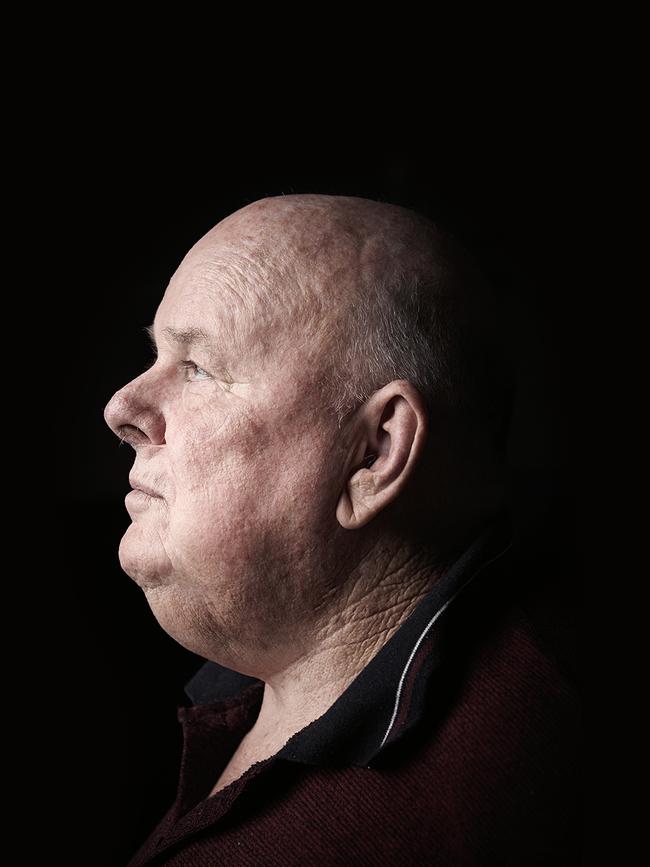
Poetry, then, has since the earliest days been obliged into an often adversarial relation to the state, or else been used by power in ways that damage the poet’s status. The first challenge those taxed with setting the terms of a new laureate’s role must grapple with is the fact that poetry has, in general and throughout the modern era, existed in an increasingly adversarial nature to power. And in the Australian context, such antipathy is supercharged.
What follows from this understanding? First, it would seem clear that no future Australian laureate should be obliged, as laureates from previous eras and different countries have traditionally been, to eulogise the ruler or the state as part of their role. No obligatory odes, no occasional verse on the death of a sportsperson or a change in government or a foreign deployment of troops. All explicit political context should be stripped out of the job description from the start.
But that still leaves the implicit politics of a laureate’s poems intact. Each laureate will, inevitably, bring their independence of form and thinking to the role, laid down in their work. This is why Plato wished to banish poets from his ideal state. He suspected their subversions of the established order had a trickle-down effect. This is perhaps why Irish radio banned the Australian folk ballad Wild Colonial Boy during the height of the Troubles. And it may also be why a plain story like the one told in “Banjo” Paterson’s Waltzing Matilda sits so uneasily beside our “official” anthems:
Up rode the squatter, mounted on his thoroughbred.
Down came the troopers, one, two, and three.
Whose is that jumbuck you’ve got in your tucker bag?
You’ll come a-waltzing, Matilda, with me.
As Goethe, perhaps the last major poet to compose court poetry put it: “Unfortunately there’s scarcely a damn thing worth saying or thinking that doesn’t in some way violate the state, the gods, or morality.”
So when we come to choose a laureate, the state and its agents must accept that a degree of subversion is baked in. They must accept that a necessary corollary to choosing a good poet over a mediocre one is that the hand that feeds will be bitten. If we cannot ask our poets, in all sincerity, to presume collective religious belief or automatically extol the essential decency of our leaders, then we must refuse Plato’s injunction that, “with the single exception of hymns to the gods and panegyrics on the good, no poetry ought to be admitted into a state”.
Yet there is freedom in giving up the idea that poetry should automatically grant authority to the nation, while acknowledging that even the most ordinary, non-political poetry can have an impact on a society, changing its audience from within. Just as the historical role of a jester or fool at court was a kind of licensed nullification of official structures – a world temporarily turned upside down – that critiqued power while leaving it in place, so too could an Australian laureate worry at the blind spots and hypocrisies of the state in such a way that its ultimate credibility was bolstered.
All of this is perhaps a dream as unrealisable as Plato’s. But it is important that we get this process right. Otherwise, it may prove an embarrassment that is ended as soon as a new administration comes to power, just another of those brief efflorescences of confidence in our creative community that are just as quickly snuffed out. The great virtue of this undertaking is that allows us to join the community of nations – including the US, Canada and New Zealand – that have enough respect for, and faith in, their culture and its representative figures to give them due prominence.
A successful laureateship would, once and for all, move us beyond the mandated mediocrity of Michael Massey Robinson and the long defensive cringe that has operated in his wake. It would also provide a focus on individuals whose work, in this time of massed corporate attentional capture via our screens, is defiantly local, community minded, decent and humane. It would be a break from two centuries of being governed by prose (as Murray put it) and a belated acknowledgment of the immemorial poetry of Australia’s first peoples.
My final suggestions are concerned with generosity. Dryden was not only a poet but a playwright, critic and translator. Though poetry was the dominant artform in the West until the 19th century, its exemplary creators would often pursue multiple creative roles. Perhaps we can expand the notion of the laureate to include all those who are storytellers: that is, all artists who use language creatively to furnish wisdom rather than mere information.
But whomever we choose, determined by whatever means, and granted the role for whatever length of time, let us hope that the progenitors of the laureateship give some consideration to the Norwegian model. In Norway, Grotten House, a historic residence in the grounds of the royal palace, has been set aside for the use of a beloved and respected Norwegian artist. The house is currently occupied by Jon Fosse, the Nobel prizewinning author and playwright.
The virtue of this approach is two-fold: writers are given a place to live and work, close to the symbolic centres of state power; and public attention is, for that period, focused on that figure and their work.
The Norwegian model is for life, but an Australian version could be for a fixed period, allowing a broader and more diverse cast to be celebrated. It could be a time during which the poet (or storyteller) momentarily stands as an honoured expression of the nation’s literary culture. In a soft-power sense, it would also let the wider world know that Australia takes its own culture seriously – and that they should too.
After all, it was only after Fosse moved to Gotten that the Nobel committee awarded him the prize for literature.
The contenders for Poet Laureate
Judith Beveridge: an elusive, lyrical poet of the natural world. Much admired, and deservedly so.
David Brooks: a multi-talented scholar-poet, fascinated with animality and the natural world.
Ali Cobby Eckermann: an Indigenous poet of fierce talent. Winner of the Wyndham-Campbell prize.
Stephen Edgar: An old school formalist and superb for it. Edgar folds idea into form like no one else.
Lisa Gorton: Elegant and self-possessed on the page, yet Gorton’s eye for the eccentric or unexpected is keen.
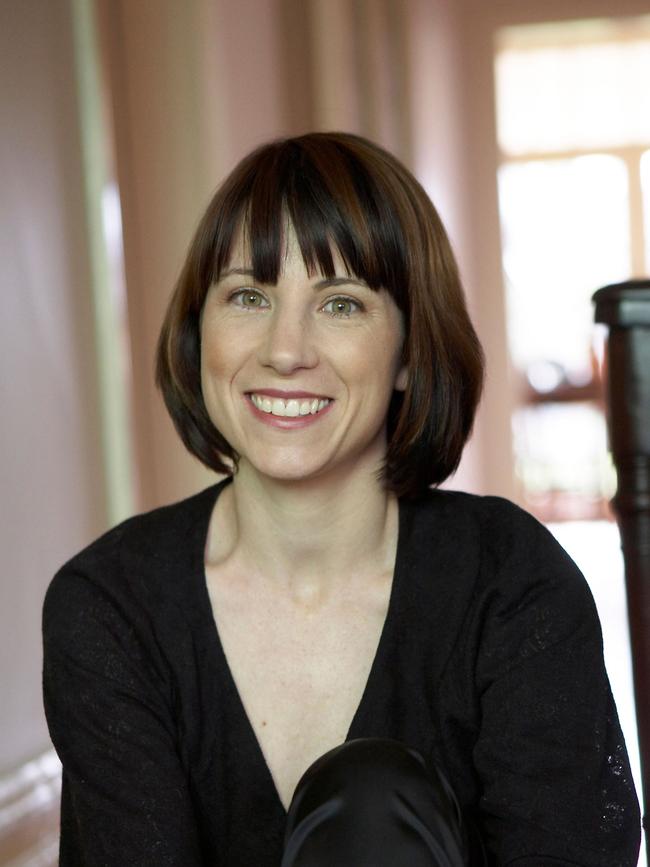
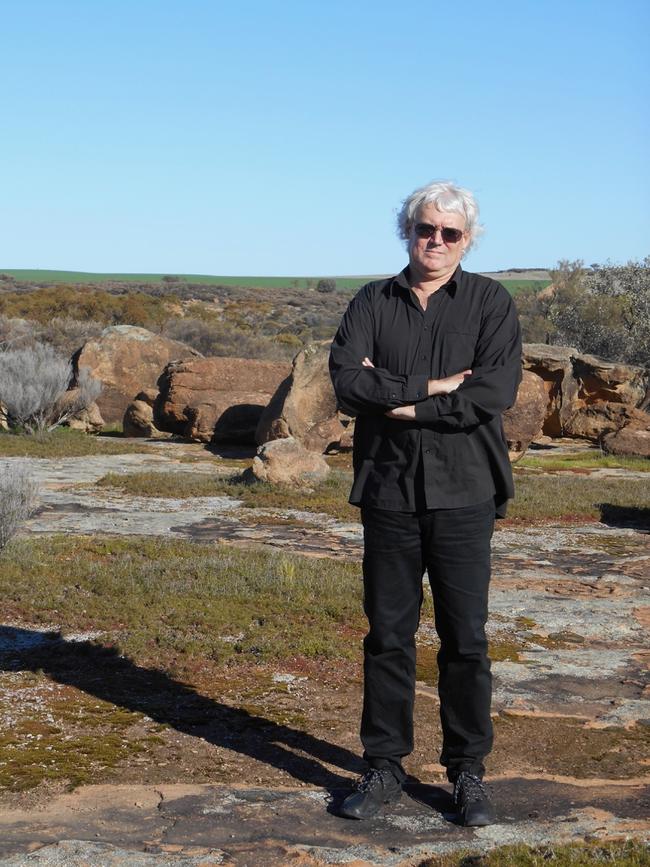
Sarah Holland-Batt: Youngest on the list, Holland-Batt feels like a senior figure already. A top-shelf talent with a mind to match.
John Kinsella: Almost Shelleyan in his furious critiques and utopian politics, Kinsella’s poetry has conscience and a huge heart.
Geoffrey Lehmann: A distinguished statesman of Australian poetry who has been composing vital work since his teens.
Pi O: A wildcard modernist who works on an epic scale, while embracing the low mimetic of inner-city life and the multiculturally inflected English of its denizens.
David Malouf: He needs no introduction – he’s a master of so many forms. My personal pick for laureate.
Geordie Williamson has been chief literary critic of The Australian since 2008.


To join the conversation, please log in. Don't have an account? Register
Join the conversation, you are commenting as Logout